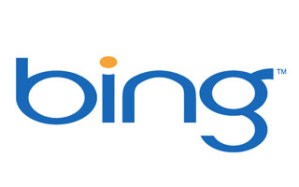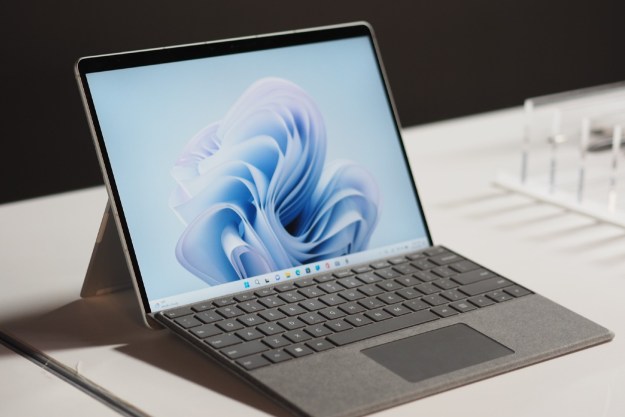
Microsoft is expanding the capabilities of its Bing search engine by tapping into the computations, algorithmic, and data capabilities of the Wolfram Alpha computing engine, using the service as a way to deliver more-relevant information to search uses right from the get-go, rather than merely referring them to a list of sites. Wolfram Alpha—launched back in May by Stephen Wolfram and the folks who make Mathematica, Wolfram Alpha aims to not just find information, but make it “computable” to users—that is, Wolfram Alpha not only lets users find information, but do useful things with it. Bing plans to leverage Wolfram Alpha’s capabilities to enhance Bing’s search results: the collaboration will start with bringing nutritional information and tools into Bing’s search results, along with some genuine “math” to make those last-minute homework sessions a little more tolerable.
“This notion of creating and presenting computational knowledge in search results is one of the more exciting things going on in search (and beyond) today, and the team at Bing is incredibly fired up to bring some of this amazing work to our customers,” Microsoft wrote in its Bing blog. “You will begin to see the benefits of this unique partnership over the next several days as we roll it out in the U.S.”
Wolfram Alpha already hosts a deep cache of tools and collated information, but Microsoft plans to initially start its integration of Wolfram Alpha tools with genuine hard math and something that appeals more directly to everyday consumers: diet and health information. Using Wolfram Alpha, Bing will be able to bring detailed nutritional facts and health information. For instance, users will be able to bring up nutritional information on various types of food and calculate their Body Mass Index—Microsoft plans to roll out more features as the collaboration progresses.
No financial terms of the partnership have been disclosed.
The move emphasizes Microsoft’s efforts to differentiate Bing from traditional search engines, providing usable information and results right in the results page instead of referring users to other sites. However, Google and other search providers are not resting on their laurels either: the next frontier of Internet search is not really letting users find a site with the information they’d like, but presenting that information without forcing the user to go to that site at all.
Editors' Recommendations
- How to alphabetize lists in Microsoft Word
- How to alphabetize data in an Excel spreadsheet
- How to delete or hide chats in Microsoft Teams
- Microsoft Word free trial: Get a month of service for free
- Save $150 on a lifetime license for Microsoft Office for PC


